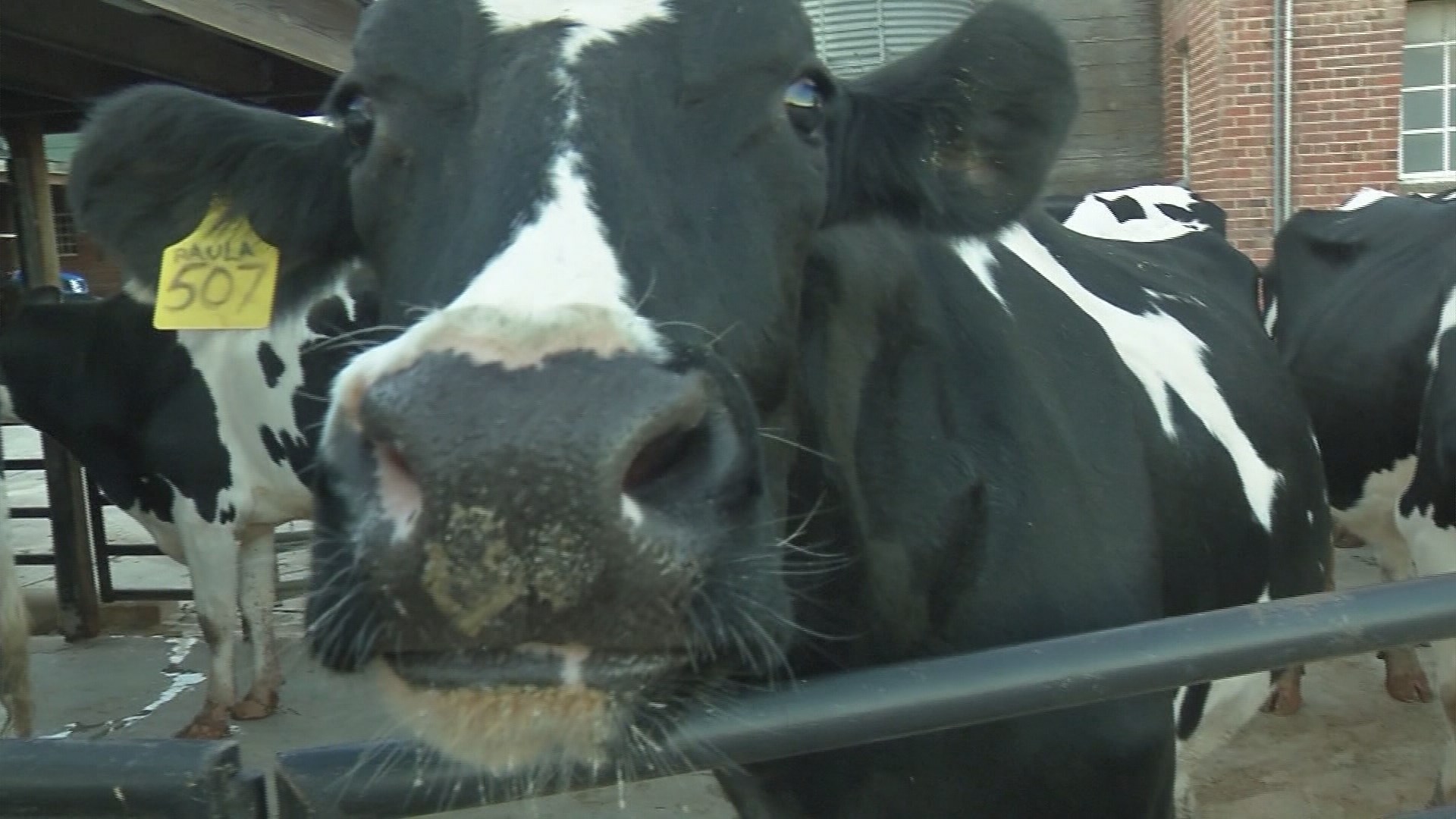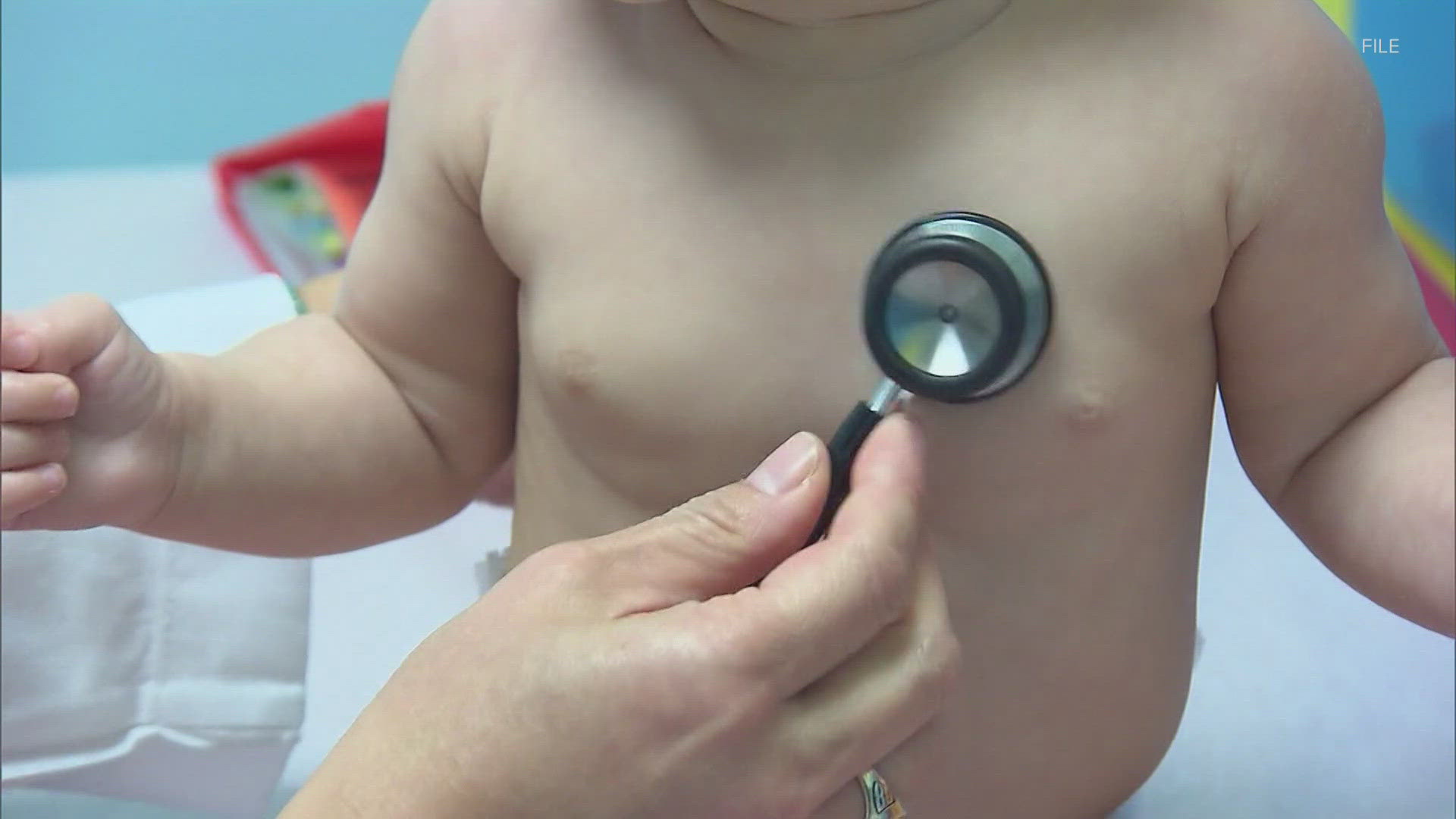At a typical dairy farm, cows are delivering much more than cream and butter. Information is being milked from them about what role antibiotics play in the country’s meat supply.
“We may want to test and see how soon after given a drug, is that drug not going to be in the milk of that dairy cow,” says Prof. of Pharmacology at NC State College of Veterinary Ronald Baynes.
Head of population health and pathobiology at NC State Paula Cray, who leads the research project, says, “Bacteria are very smart.”
She experienced the superbug issue first hand when her father caught an infection in the hospital. It was resistant to all but the strongest of antibiotics.
“He lost his hearing and that’s a side-effect. So, this doesn’t just affect people who aren’t in science, it affects all of us.”
Cray says, by the time meat makes it to our grocery stores, it is not riddled with antibiotic residue. That’s not the problem. For decades, the meat industry has fed their animals a steady diet of antibiotics to make them grow faster and eat less.
Cray tells us, “We need antimicrobials to treat diseases in animals to ensure that we have a wholesome and healthy food animal.”
Over time, bacteria in the animals become resistant to those antibiotics. By the time it gets to our dinner tables, it’s free of antibiotics, but full of drug-resistant bacteria that can infect people if the meat isn’t cooked properly.
Assoc. Prof. of Molecular Epidemiology for NC State Veterinary Medicine Sid Thakur points out, “When these patients end up in the hospital, they’re not just infected with pathogens that are resistant to one drug, they will have pathogens that are resistant to three, four, five drugs.”
More and more people are opting to buy meat raised without antibiotics, but read the labels carefully when shopping. ‘Antibiotic-free’ labels are misleading because, by law, all meat must be free of antibiotics. ‘All natural’ is another claim that doesn’t mean anything.
Look for labels that say ‘no antibiotics administered, or, ‘no antibiotics ever.’ Meats labeled with ‘U-S-D-A process verified’ means inspectors have validated their no-antibiotic claims.
Thakur says, “We tend to focus a lot more on the animal side, but there’s a lot going on the human side also.”
The fear about a global superbug spread is true. And the major concern is not meat.
“Now we’re more aware of the issue than we have ever been in the past, and I think that we have a much better idea that we’re in this together,” says Cray.
LINKS:


